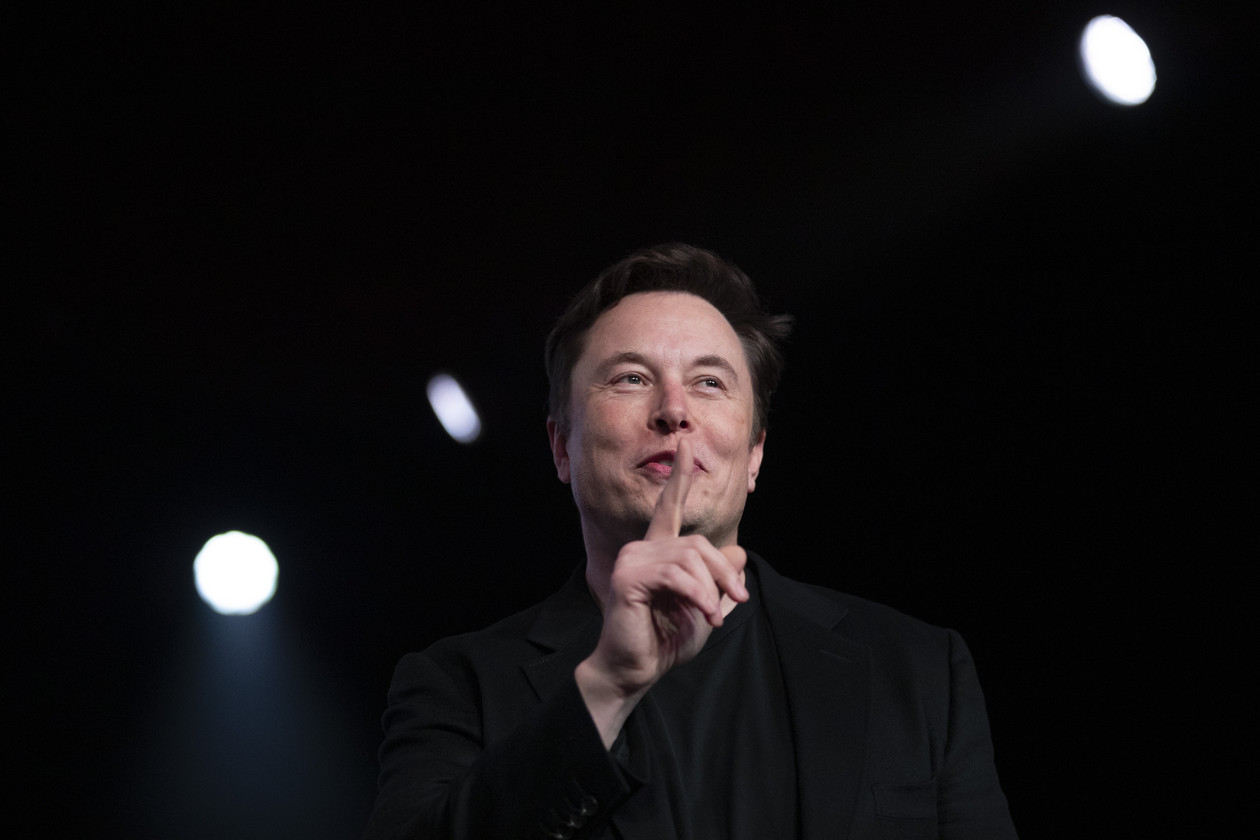Elon Musk reinstated the Twitter accounts of the majority of the journalists he had previously suspended on Saturday after accusing them of “doxxing” his whereabouts by writing about the deletion of an account that followed his private jet.
Following the conclusion of an illegitimate poll he’d placed on his account the day before, in which users were urged to vote on whether the suspensions should be restored immediately or delayed for a week, Musk tweeted late on Friday that “the people have spoken.” As of Friday night, 59 percent of respondents preferred restoration, while 41 percent preferred a longer punishment.
After he unexpectedly blocked the accounts on Friday, the tech tycoon came under fire from news outlets, lawmakers, and advocates, with many claiming that the temporary suspensions called into question his dedication to free expression.
Since he acquired the company, Musk has fundamentally altered how Twitter regulates user behaviour. He has reinstated previously banned accounts, such as former President Donald Trump, ended the platform’s ban on Covid-19 misinformation, and eliminated positions that previously oversaw content moderation on the platform. Musk has repeatedly stated his belief in the freedom of speech on Twitter.
But many proponents of free speech accused him of hypocrisy after his actions on Thursday to penalise journalists for what he claimed was a danger to his personal safety.
Anthony Romero, executive director of the ACLU, said in a statement that it was “impossible to square Twitter’s free speech aspirations with the purging of critical journalists’ accounts.” “While Musk’s right to do this is protected by the First Amendment, this is a terrible choice,”
Popular technology journalists’ Twitter accounts were suspended by Elon Musk on Thursday. These individuals included Voice of America correspondent Steve Herman, commentator Keith Olbermann, Washington Post technology reporter Drew Harwell, CNN politics and technology reporter Donie O’Sullivan, and New York Times technology reporter Ryan Mac. Olbermann’s personal account was still suspended as of Saturday morning, and he stated that he was thinking about pursuing legal action for defamation.
The journalists had been tweeting about the closure of the @ElonJet account, which Musk claimed endangered his personal safety because it tracked his private aircraft. However, it appears that the account used publicly available information that was a little bit time-delayed to track the location of his plane.
Musk stated in a tweet in response to a thread on Thursday that the journalists had “posted my exact real-time location, essentially assassination coordinates, in (obvious) direct violation of Twitter terms of service.”
According to reports on Twitter, Musk had also blocked the account of Business Insider reporter Linette Lopez, who had recently been covering instances in which Musk had his adversaries tracked down and doxxed. She still had a suspended account as of Saturday morning.
Though they made no particular recommendations, Democratic lawmakers were quick to raise the alarm and declare that it was time for Congress to take action.
Sen. Ed Markey (D-Mass. ), a member of the Senate Commerce Committee who is in charge of overseeing tech platforms, stated that this is precisely why it is necessary for federal legislation to be passed in order to “open the hood on Big Tech.” “Content that is amplified and content that is prohibited cannot be determined by speculation. The obvious lack of trust on Twitter was further made worse by Elon Musk’s actions yesterday.
